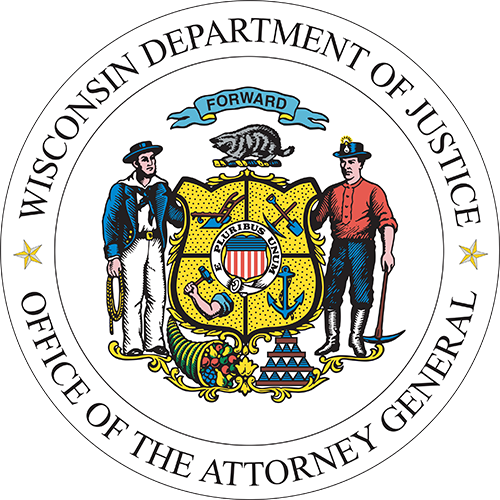Bureau of Justice Programs
The Bureau of Justice Programs serves as the designated State Administering Agency (SAA) for Wisconsin for federal/state criminal and juvenile justice formula[1] and discretionary[2] grant programs. In this role, Justice Programs is responsible for statewide strategic planning for justice system improvement, establishing funding priorities, seeking federal discretionary funding opportunities on behalf of the state, leveraging resources, awarding and disseminating grants, and program/fiscal oversight and assistance. For current Bureau of Justice Programs grant opportunities, please visit the Grants Page of the DOJ website.
Justice Programs coordinates the initiatives of the State Criminal Justice Coordinating Council (CJCC) and the Governor’s Juvenile Justice Commission (GJJC). These two bodies are key to the role of the SAA as required advisory bodies for criminal justice and juvenile justice formula grants, respectively.
Criminal Justice Coordinating Council (CJCC)
Co-Chaired by the Attorney General and the Secretary of the Department of Corrections, the CJCC assists the governor in directing, collaborating with, and coordinating the services of state and local governmental agencies and non-governmental entities in the criminal justice system to increase efficiency, effectiveness, and public safety. The CJCC serves as the advisory body for the federal Byrne Memorial Justice Assistance Grant (JAG) and the state Treatment Alternatives and Diversion (TAD) program.
Governor's Juvenile Justice Commission (GJJC)
The GJJC serves as the state advisory group for the administration of the federal Juvenile Justice and Delinquency Prevention Act (JJDPA) Title II Formula grant program. The JJDPA requires the GJJC to provide input into the required statewide juvenile justice plan drafted by DOJ staff and to advise on funding decisions. Federal juvenile justice formula grants are one of the few sources of funding for innovative services and programs in the juvenile justice area. Wisconsin has invested juvenile justice funds in evidence-based programs to address racial disparities within the juvenile justice system, and other statewide initiatives to improve the juvenile justice system.
Lara Kenny
Bureau Director
[1] Formula grants are allocations of federal funding to states, territories, or local units of government determined by distribution formulas in the authorizing legislation and regulations.
[2] For discretionary grants, which are designed to fund specific initiatives, the federal awarding agencies review, assess, and evaluate the quality of the grant application to inform their funding decisions—it’s a competitive process.
